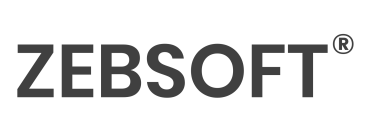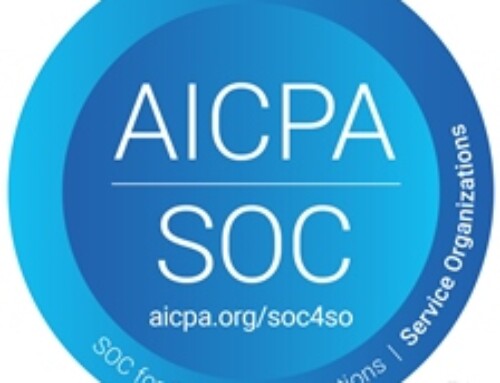Unspoken disease that is secretly undermining the foundations of several businesses is an unseen killer in the world of international trade. Staff turnover in the management critical business management systems, is beginning to bite, displaying long-lasting effects for companies that ignore it. Stakeholders and senior management are two groups that must take note as the storm rages.
Turnovers’ Invisible Costs
Every time a worker leaves the building, they leave behind more than simply, the expense of recruitment and training. The create a massive loss of institutional knowledge, as implementers of management systems their legacy is the disruption of continuity with incomers being unaware all hidden beneath. These hiccups can result in strategic misalignments, such as the use of a quality management system that has only been partially implemented, in jobs that require constant supervision, like that of a quality manager or QHSE manager.
The Consequences for Business Health
High staff turnover can damage a company’s reputation in addition to the immediate financial and operational repercussions. Customers, suppliers, and prospective employees can begin to have doubts about the stability of the business and the standard of its workplace. When the trusted familiar faces are changed, long-established customer connections that have been carefully nurtured over time may begin to erode.
Continuity is also important for any corporate plan. The introduction of quality management systems is one example of how strategic initiatives might suffer from an ongoing human flux. Without a firm hand to lead them, projects may stall out in the middle, leaving organisations with jumbled up procedures and an uneasy workforce.
Stakeholders must take the lead for the sake of sustainability.
Given these concerning repercussions, it is abundantly clear that reducing the effects of employee turnover is a top-level strategic necessity, not merely an HR duty. The business’s human basis must be strengthened and stabilised under the leadership of stakeholders and senior management.
- Active Participation in Important Decisions: Stakeholders must be at the forefront of all decisions, by choosing a cloud-based quality management system like Zebsoft. Long-term stability of the management system will guarantee a fit with the main corporate goals.
- Promoting Employee Engagement: Zebsoft makes it simple for Top management to support programmes that provide workers a feeling of community, gratitude, and professional advancement. When employees feel appreciated and have hope for the future, they are less inclined to leave.
- Protecting the Company’s Legacy: Stakeholders have a stake in the long-term success of the business. They are the perfect stewards of institutional knowledge because of this. They can lessen the effect of individual departures by incorporating systems that centralise data for long term accessibility.
Clause 5.1.1 of ISO 9001:2015: A Light for Leadership
Clause 5.1.1 of ISO 9001 places an emphasis on dedication and leadership. In order to ensure that customer and regulatory needs are satisfied and that continuous improvement is a cornerstone, it requires senior management to assume responsibility for the efficacy of the quality management system.
Given the serious difficulties caused by workforce turnover:
- The Function of Top Management in Decision-Making Top management’s active participation in all strategic choices, from the adoption of cloud-based quality management technologies such as Zebsoft to addressing the fundamental reasons of turnover, is essential. Their dedication guarantees adherence to both long-term corporate goals and immediate operating requirements.
- Increasing Worker Engagement The alignment of the quality policy and objectives with the organisational environment is another concern mentioned in clause 5.1.1. It is an appeal to senior management to establish and maintain a culture where workers feel appreciated, engaged, and on a growth trajectory.
- Maintaining Continuity & Safeguarding the Legacy: Top management and stakeholders are more than simply leaders; they are also stewards of the heritage of the company. They guarantee that the company is robust despite the inevitable workforce changes by supporting systems and cultures that promote continuity and knowledge retention.
It’s simple for firms to become reactive in the face of a transient workforce, continually filling holes and putting out fires. However, aggressive, top-down leadership is the key to finding a lasting solution. Stakeholders and senior management have the long-term perspective and power necessary to guide the ship through difficult seas. Regardless of the ebbs and flows of specific employees, they have a duty to maintain continuity, stability, and development as the stewards of a company’s heritage. Businesses can only expect to weather the storm of high turnover and come out stronger on the other side via their active leadership.
By implementing and maintaining a system such as Zebsoft top management are in a place where the fundamentals of their business remain stable and controlled. When a valued employee such as a quality manager leaves they are not able to take their system with them leaving a void to be filled by the next person. Continuity of a quality management system equals sustainability of your business.









